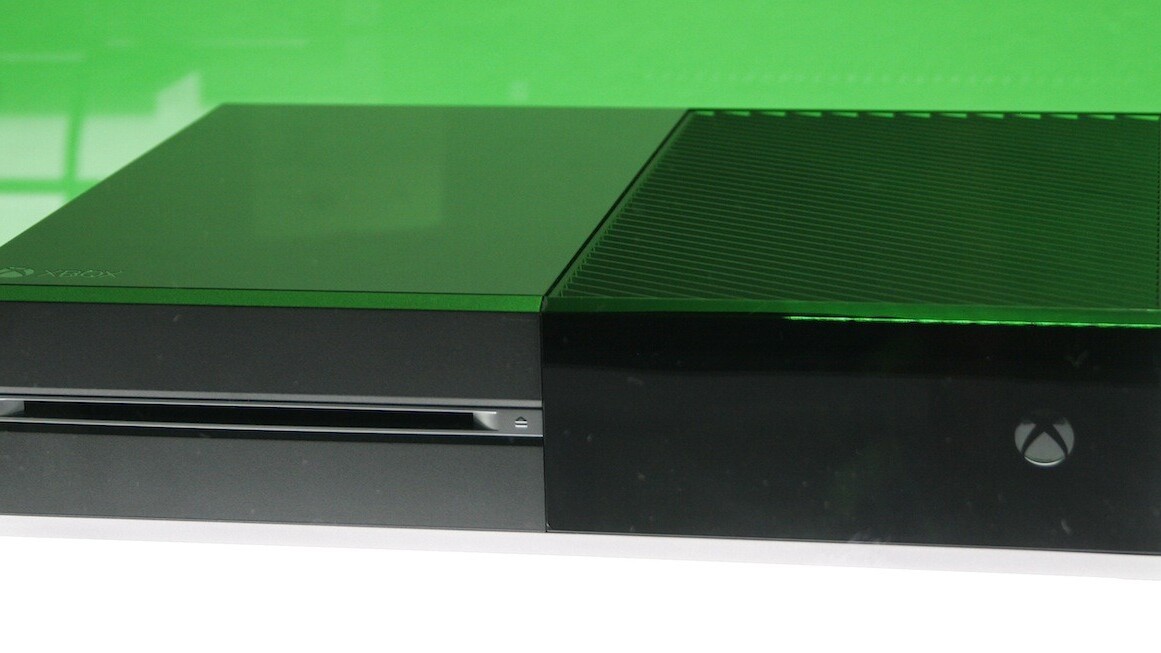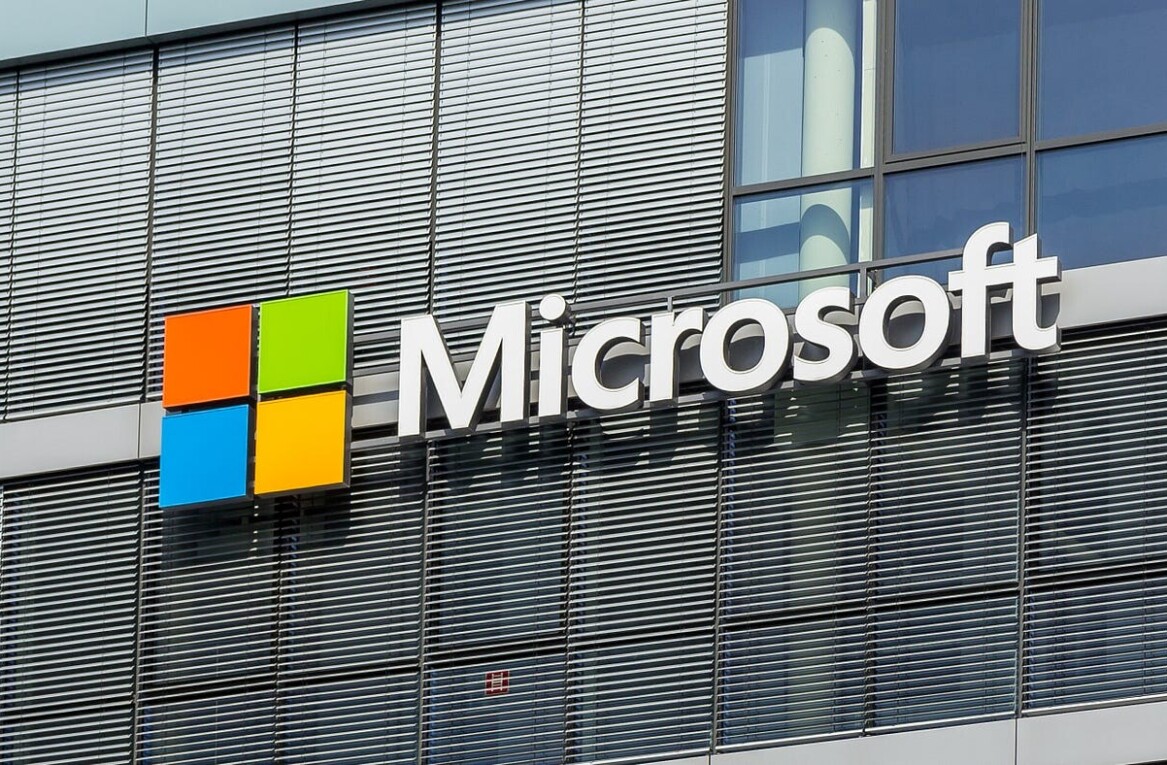
With Microsoft’s recent revelation that it is backing down from its original commitment to release the Xbox One in 21 markets later this year, the firm is betraying a commonly accepted rule of doing business: under-promise and over-deliver.
While the universal truth of that rule is arguable, Microsoft’s predicament is exactly the situation that the guideline is intended to avoid. No one pressured Microsoft into saying it would release the Xbox One in Belgium, Denmark, Finland, Netherlands, Norway, Russia, Sweden, and Switzerland in 2013, so now that it has retracted, it is left in a worse position than if it hadn’t spoken up in the first place.
The Xbox Leadership Team admitted that the goal of 21 markets was “an aggressive goal”, explaining that localizing the console and demand were two factors that led to the change.
I’m all for companies setting ambitious goals, but Microsoft should never have allowed the race to compete with Sony as an excuse to make promises that it couldn’t keep. As a public company, Microsoft also has a responsibility to its investors to communicate its plans accurately.
These kinds of backtracks are becoming all too common for the Xbox One. Some of the changes, such as dialing back on requiring Kinect to be plugged in and increasing the GPU clock speed, have been beneficial to users, but the waffling has left Microsoft looking unsure of itself.
The most notorious change of course that Microsoft has taken with the Xbox One is its reversal of the unpopular mandatory Internet connection and used game policies. Considering the amount of negative feedback it had gotten in response to those rules, Microsoft was backed into a corner, but the changes ended up being a mixed bag. Gamers now won’t have to connect their consoles every 24 hours to play and they’ll be able to buy used games without extra DRM measures, but new digital sharing features have been removed as a result.
Microsoft’s tendency to over-communicate its goals is contrasted against Sony’s practice of keeping quiet. For instance, Sony has said publicly that the PS4 will launch in Europe sometime this year, but it has elected not to share specific markets. It has also set the 2013 holiday season as its launch window, offering a vaguer timeframe than Microsoft’s commitment to release the new Xbox in November.
As an Xbox One preorder customer, I’m selfishly hoping for Microsoft to succeed with its next console, but it’s becoming painfully clear that the firm is on the defensive as release day approaches. Gaming consoles are designed to entertain us, but the unique feeling of excitement and anticipation that comes with unboxing the device will fade quickly if the maker under-delivers. Hopefully Microsoft still has a few positive surprises up its sleeves.
See also: The sound and the fury of Microsoft’s Xbox One backtrack
Get the TNW newsletter
Get the most important tech news in your inbox each week.




